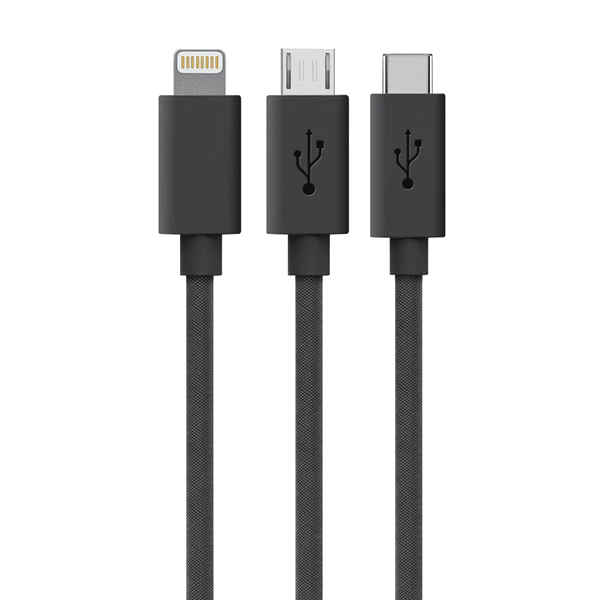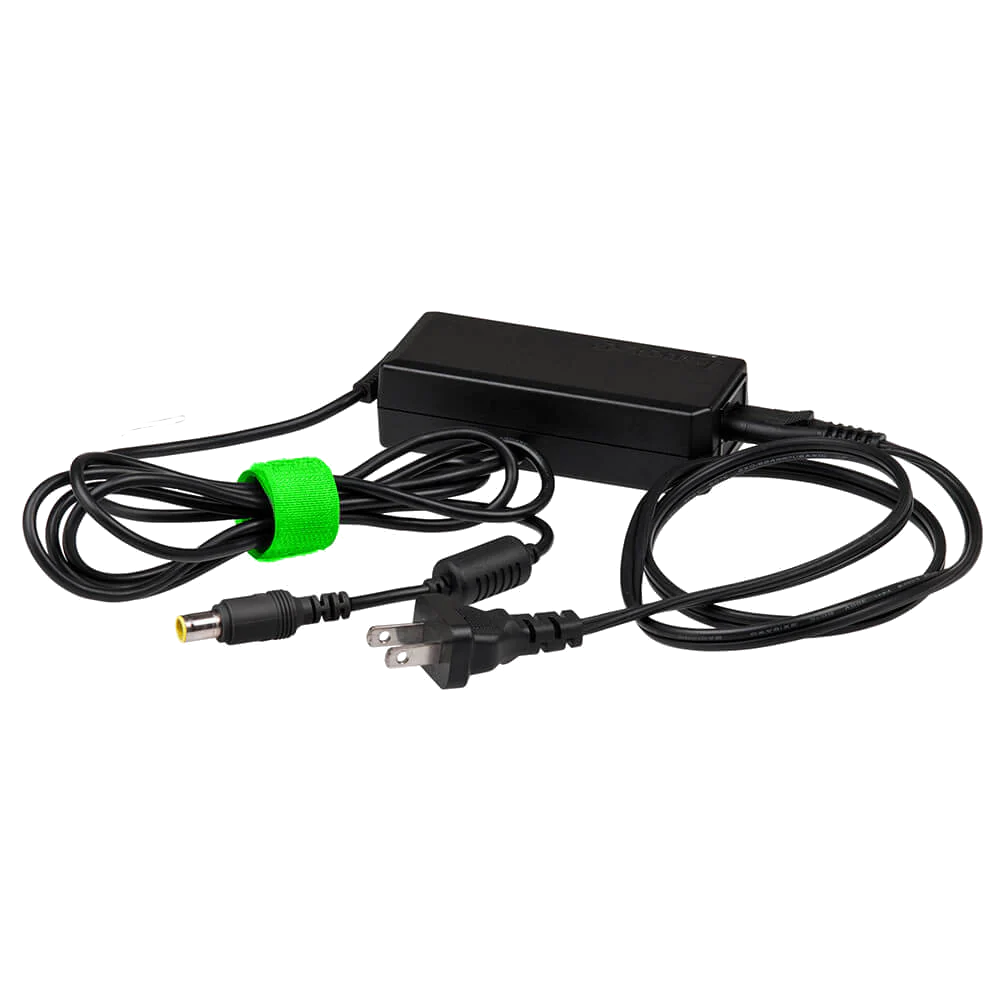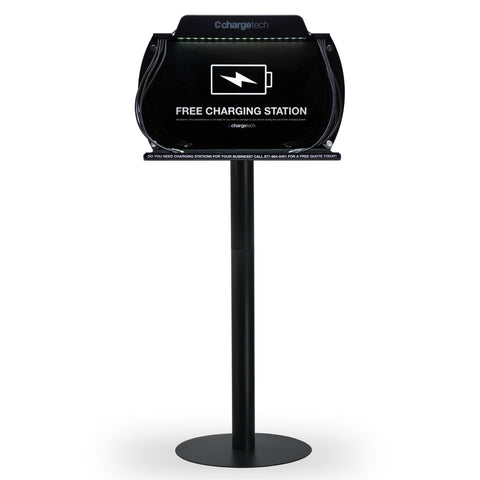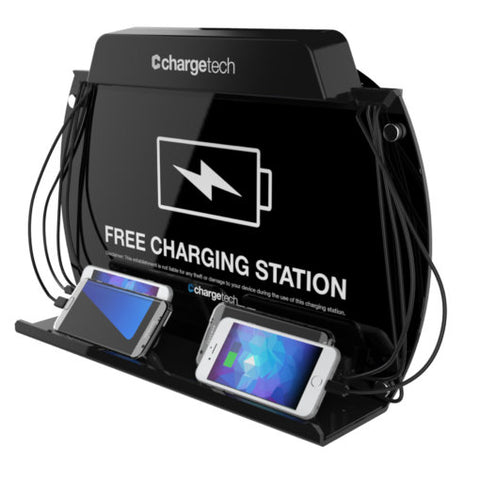Around three quarters of the world’s population has access to cell phones. Surprisingly enough (or not), in some developing countries, people have a greater chance to own a cell phone than to have access to electricity or water. More and more mobile apps and public phone recharge stations, especially designed to fit the needs of that particular market, are appearing.
Solar Phone Charging In the Developing World
In countries where electricity can be a luxury not accessible to all, public phone charging is very popular. To counter the electricity issue, solar phone charging has been one of the solutions provided to local consumers. For example, in Uganda, Buffalo Grid implemented solar-powered phone charging stations that work through text message activation. Cell phone users in need of charging their mobile can send a text message to the device, a battery that is carried around on the back of a bicycle and that is charged through a 60-watt photo-voltaic panel. The idea being, since people to not have power, the power is brought to the people. Text messaging is also the way the service is paid for. Buffalo Grid provides other devices as well, similar to the phone charging valets and phone charging kiosks that can be found in the US.
Other examples include the eChaja portable phone charging station (solar powered), developed by South Africa and Swaziland. This multi phone charger has the shape of a suitcase and can charge up to 6 phones. The amount of time desired to charge a phone is setup before beforehand and once done, a bell rings to announce the end of the charging cycle. Depending on one’s need, the eChaja can be available for phone charging station rental or for sale. Easily carriable, it can be placed nearly everywhere and represents an easy solution for people to charge their phone on the go.
Juabar, a company that created solar charging kiosks for mobile phones used in Tanzania was awarded the 2012 IMPACT, a social entrepreneurship award.
Public Phone Charging in Africa: An Expanding Market
BuffaloGrid, eChaja and Juabar are only a few examples among many of the phone charging stations that can be found in Africa today. Indeed, more and more entrepreneurs are seeing the potential in establishing phone charging businesses in poor rural areas. Several places are seeing the use of phone charging kiosks become the norm. Cell phone operators in Africa have identified cell phone charging as one of the biggest challenges they face in expanding their business. People tend to restrict their phone usage due to phone charging issues.
A study carried out by Global Village Energy Partnership (GVEP)on phone charging businesses in Tanzania and Uganda has shown that phone charging services help improve cell phone use and increases the amount of time people spend talking on the phone. The study also identified that the demand for phone charging is so significant it has become the main reason for rural electrification.
Solar Phone Charging In the Developing World
In countries where electricity can be a luxury not accessible to all, public phone charging is very popular. To counter the electricity issue, solar phone charging has been one of the solutions provided to local consumers. For example, in Uganda, Buffalo Grid implemented solar-powered phone charging stations that work through text message activation. Cell phone users in need of charging their mobile can send a text message to the device, a battery that is carried around on the back of a bicycle and that is charged through a 60-watt photo-voltaic panel. The idea being, since people to not have power, the power is brought to the people. Text messaging is also the way the service is paid for. Buffalo Grid provides other devices as well, similar to the phone charging valets and phone charging kiosks that can be found in the US.
Other examples include the eChaja portable phone charging station (solar powered), developed by South Africa and Swaziland. This multi phone charger has the shape of a suitcase and can charge up to 6 phones. The amount of time desired to charge a phone is setup before beforehand and once done, a bell rings to announce the end of the charging cycle. Depending on one’s need, the eChaja can be available for phone charging station rental or for sale. Easily carriable, it can be placed nearly everywhere and represents an easy solution for people to charge their phone on the go.
Juabar, a company that created solar charging kiosks for mobile phones used in Tanzania was awarded the 2012 IMPACT, a social entrepreneurship award.
Public Phone Charging in Africa: An Expanding Market
BuffaloGrid, eChaja and Juabar are only a few examples among many of the phone charging stations that can be found in Africa today. Indeed, more and more entrepreneurs are seeing the potential in establishing phone charging businesses in poor rural areas. Several places are seeing the use of phone charging kiosks become the norm. Cell phone operators in Africa have identified cell phone charging as one of the biggest challenges they face in expanding their business. People tend to restrict their phone usage due to phone charging issues.
A study carried out by Global Village Energy Partnership (GVEP)on phone charging businesses in Tanzania and Uganda has shown that phone charging services help improve cell phone use and increases the amount of time people spend talking on the phone. The study also identified that the demand for phone charging is so significant it has become the main reason for rural electrification.








